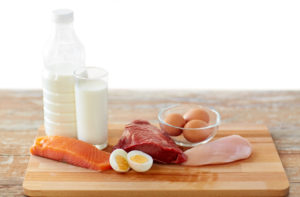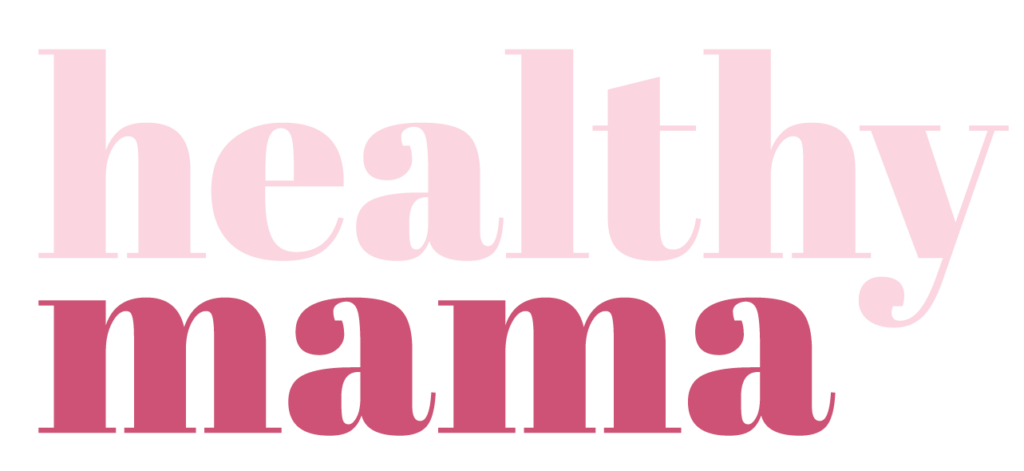What Foods To Avoid During Pregnancy
This blog is not written to scare the crap out of you (we promise).. but rather to provide you a guide on what foods to avoid during pregnancy. Now that you have a human being growing inside you, taking care of yourself is priority #1. There are so many things to think about- ensuring you’re eating enough, getting enough nutrition, not gaining too much weight but gaining enough. Can you get your nails done, or highlight your hair? The list goes on and on. While many times I think we can be a bit over the top with some of these things, it is true that pregnancy impacts your immune system, so you and your unborn baby are much more susceptible to bacteria, parasites and viruses that can cause illness. Sometimes you don’t even feel sick, but some “bugs” like Toxoplasma and Listeria can infect your unborn baby and cause some serious health problems. Your nugget is also impacted from toxins from the food that you eat, like mercury in certain kinds of fish.
Being pregnant doesn’t mean you can’t eat anything
Understanding what is safe and not can help ensure that you and your unborn baby stay healthy and safe. Another tip: get a food thermometer so you can make sure the temperatures of cooked food are safe. Here is a list of foods to avoid during pregnancy.
| Don’t Eat These Foods | Why | What to Do |
| Soft CHEESES made from unpasteurized milk, including Brie, feta, Camembert, Roquefort, queso blanco, and queso fresco | May contain E. colior Listeria. | Eat hard cheeses, such as cheddar or Swiss. Or, check the label and make sure that the cheese is made from pasteurized milk. |
| Raw COOKIE DOUGH or CAKE BATTER | May contain Salmonella. | Bake the cookies and cake. Don’t lick the spoon or bowl (I know, it’s hard not to)! |
| King mackerel, marlin, orange roughy, shark, swordfish, tilefish (Gulf of Mexico), and tuna (big eye) | Contain high levels of mercury, but there are many other choices of fish that have lower levels of mercury. | See this fish advice chart that has 36 “best choices” and 19 “good choices” of fish to eat while pregnant. |
| Raw or undercooked FISH (sushi) | May contain parasites or bacteria. | Cook fish to 145° F. |
| Unpasteurized JUICE or cider (including fresh squeezed) | May contain E. coli. | Drink pasteurized juice. Bring unpasteurized juice or cider to a rolling boil and boil for at least 1 minute before drinking. |
| Unpasteurized MILK | May contain bacteria such as Campylobacter, E. coli,Listeria, or Salmonella. | Drink pasteurized milk. |
| SALADS made in a store, such as ham salad, chicken salad, and seafood salad. | May contain Listeria. | Make salads at home, following the food safety basics: clean, separate, cook, and chill. |
| Raw SHELLFISH, such as oysters and clams | May contain Vibriobacteria. | Cook shellfish to 145° F. |
| Raw or undercooked SPROUTS, such as alfalfa, clover, mung bean, and radish | May contain E. colior Salmonella. | Cook sprouts thoroughly. |
| Be Careful with These Foods | Why | What to Do |
| Hot dogs, luncheon meats, cold cuts, fermented or dry sausage, and other deli-style meat and poultry | May contain Listeria. | Even if the label says that the meat is precooked, reheat these meats to steaming hot or 165° F before eating. |
| Eggs and pasteurized egg products | Undercooked eggs may contain Salmonella. | Cook eggs until yolks are firm. Cook casseroles and other dishes containing eggs or egg products to 160° F. |
| Eggnog | Homemade eggnog may contain uncooked eggs, which may contain Salmonella. | Make eggnog with a pasteurized egg product or buy pasteurized eggnog. When you make eggnog or other egg-fortified beverages, cook to 160°F |
| Fish | May contain parasites or bacteria. | Cook fish to 145° F. |
| Ice cream | Homemade ice cream may contain uncooked eggs, which may contain Salmonella. | Make ice cream with a pasteurized egg product safer by adding the eggs to the amount of liquid called for in the recipe, then heating the mixture thoroughly.. |
| Meat: Beef, veal, lamb, and pork (including ground meat) | Undercooked meat may contain E. coli. | Cook beef, veal, and lamb steaks and roasts to 145° F. Cook pork to 160° F. Cook all ground meats to 160° F. |
| Meat spread or pate | Unpasteurized refrigerated pates or meat spreads may contain Listeria. | Eat canned versions, which are safe. |
| Poultry and stuffing (including ground poultry) | Undercooked meat may contain bacteria such as Campylobacter or Salmonella. | Cook poultry to 165° F. If the poultry is stuffed, cook the stuffing to 165° F. Better yet, cook the stuffing separately. |
| Smoked seafood | Refrigerated versions are not safe, unless they have been cooked to 165° F. | Eat canned versions, which are safe, or cook to 165° F. |


